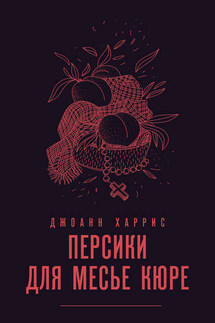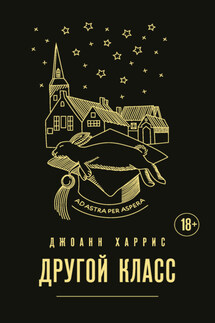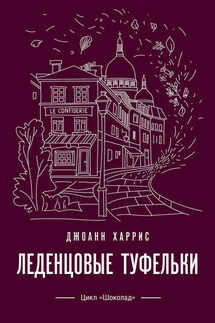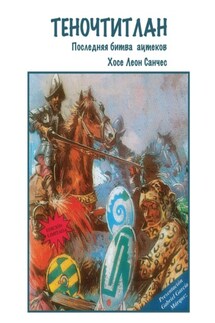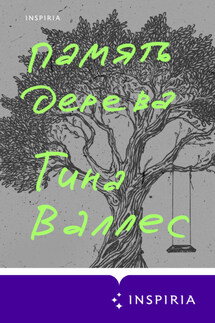Five Quarters of the Orange / Пять четвертинок апельсина - страница 47
“Resistance,” I repeated.
Try to see what that meant to us. We were children. We had our own rules. The adult world was a distant planet inhabited by aliens. We understood so little of it. Least of all the Resistance, that fabulous quasi-organization. Books and the television made it sound so focused in later years; but I remember none of that. Instead I remember a mad scramble in which rumor chased counter-rumor and drunkards in cafés spoke loudly against the new régime, and people fled to relatives in the country, out of the reach of an invading army already stretched beyond tolerance in the towns. The One Resistance-the Secret Army of popular understanding-was a myth. There were many groups, Communists and Humanists and Socialists and people seeking martyrdom and swaggarts and drunkards and opportunists and saints-all sanctified by time, but in those days nothing like an army, and hardly a secret. Mother spoke of them with scorn. According to her, we’d all be better off if people just kept their heads down.
Even so, Cassis’s whisper awed me. Resistance. It was a word that appealed to my sense of adventure, of drama. It brought images of rival gangs struggling for power, of nighttime escapades, shootings, secret meetings, treasures, dangers braved. In a sense this was still very similar to the games we had played in previous years, Reine, Cassis, Paul and I: the potato guns, passwords, the rituals. The game had broadened a little, that was all. The stakes were higher.
“You don’t know any Resistance,” I said cynically, trying not to sound impressed.
“Not yet, maybe,” said Cassis. “But we could find out. We’ve found out all kinds of things already.”
“It’s all right,” continued Reinette. “We don’t talk about anyone in Les Laveuses. We wouldn’t tell on our neighbors.”
I nodded. That wouldn’t be fair.
“Anyway, in Angers it’s different. Everyone’s doing it here.”
I considered this.
“I could find things out too.”
“What do you know?” said Cassis scornfully.
I almost told him what I’d said to Leibniz about Madame Petit and the parachute silk, but decided against it. Instead I asked the question that had been troubling me since Cassis had first mentioned their arrangement with the Germans.
“What do they do when you tell them things? Do they shoot people? Do they send them to the front?”
“Of course not. Don’t be silly.”
“Then what?”
But Cassis was no longer listening to me. Instead his eyes were on the newspaper stand by the church opposite, where a black-haired boy of about his own age was watching us insistently. The boy made an impatient gesture in our direction. Cassis paid for our drinks and stood up.
“Come on,” he said.
Reinette and I followed him. Cassis seemed on friendly terms with the other boy-I supposed he knew him from school. I caught a few words about holiday work, and a snort of low, nervous laughter. Then I saw him slip a folded piece of paper into Cassis’s hand.
“See you later,” said Cassis, moving casually away.
The note was from Hauer.
Meet me at twelve by the school gate. I have something for you.
Only Hauer and Leibniz spoke good French, Cassis explained as we took turns reading the note. The others-Heinemann and Schwartz-knew only basic French, but Leibniz especially might have been a Frenchman himself, someone from Alsace-Lorraine perhaps, with the guttural dialect of the region.
